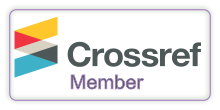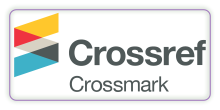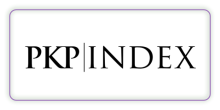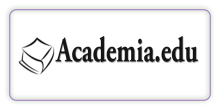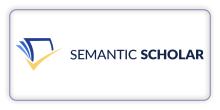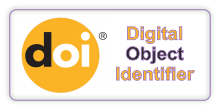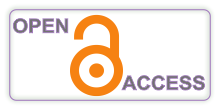LIFELONG LEARNING AND CAREER DEVELOPMENT IN NORTHEAST INDIA: A STUDY OF PROFESSIONALS IN NAGALAND
DOI:
https://doi.org/10.29121/shodhgyan.v3.i1.2025.43Keywords:
Continuous Learning, Lifelong Education, Career Development, Nagaland, Northeast India, Adult Education, Skill Development, Institutional SupportAbstract [English]
This study examines the attitudes, challenges, and opportunities related to continuous learning and career development among professionals, particularly educators, in Nagaland and neighboring regions. Based on a survey data collected from 41 respondents (primarily teachers and assistant professors), the research highlights key motivations for lifelong learning, perceived outcomes, and systemic barriers. Findings reveal that while personal growth and job performance are major drivers, limited institutional support and resource accessibility hinder progress. A significant proportion of professionals believe in the potential of continuous learning for career transitions but lack structured guidance. The study recommends localized, flexible learning programs, stronger institutional-industry collaborations, and improved digital infrastructure to bridge gaps. These insights contribute to policy discussions on adult education and workforce development in India’s northeastern states, where educational disparities persist.
References
Boeren, E. (2017). Lifelong Learning Participation in a Changing Policy Context: An Interdisciplinary Theory. Palgrave Macmillan. https://doi.org/10.1057/9781137441836 DOI: https://doi.org/10.1057/9781137441836
Broek, S. D., Buiskool, B. J., & Hake, B. J. (2023). Outreach to Vulnerable Groups in Adult Education: A Systematic Review of European and National Initiatives. International Journal of Lifelong Education, 42(2), 162-180.
Council of the European Union. (2021). Council Conclusions on the European Skills Agenda for sustainable competitiveness, social fairness, and resilience. Official Journal of the European Union.
Domingo, J. M. (2016). Tailoring Adult Learning to Diverse Learner Needs: Flexible Learning Solutions for Lifelong Learners. Journal of Adult Education and Development, 42(1), 32-45.
European Commission. (2017, 2018, 2021). European pillar of Social Rights [Reports]. Publications Office of the European Union.
Kuijpers, M., Meijers, F., & Gundy, C. (2019). The Relationship Between Learning Environment and Career Competencies of Students in Vocational Education. Journal of Vocational Behavior, 85, 58-66.
Lifelong Learning Partnership (Flanders). (2021). Strengthening Adult Learning Systems: A Policy Framework for Europe. Publications Office of the European Union.
Ministerie Van Sociale Zaken En Werkgelegenheid & Ministerie van Onderwijs, Cultuur en Wetenschap. (2018, 2020). National Strategy for Lifelong Learning in the Netherlands.
Robeyns, I. (2017). Wellbeing, Freedom and Social Justice: The Capability Approach Re-Examined. Open Book Publishers. https://doi.org/10.11647/OBP.0130 DOI: https://doi.org/10.11647/OBP.0130
Rutten, R., & Boekema, F. (2012). From Learning Region to Learning in a Socio-Spatial Context. Regional Studies, 46(8), 981-992. https://doi.org/10.1080/00343404.2012.712679 DOI: https://doi.org/10.1080/00343404.2012.712679
Schuller, T., & Desjardins, R. (2010). Understanding the Social Outcomes of Learning. OECD Publishing.
Terry, M. (2007). Outreach and Guidance for Vulnerable Learners: Lessons from the European Context. International Journal of Lifelong Education, 26(3), 285-297.
Von Hippel, A., & Tippelt, R. (2010). Networks in Adult Education: Structure and Dynamics. Adult Education Quarterly, 60(3), 271-289.
Published
How to Cite
Issue
Section
License
Copyright (c) 2025 J. Jeyarani, R Vasanathan, Chumdemo Tungoe

This work is licensed under a Creative Commons Attribution 4.0 International License.
With the licence CC-BY, authors retain the copyright, allowing anyone to download, reuse, re-print, modify, distribute, and/or copy their contribution. The work must be properly attributed to its author.
It is not necessary to ask for further permission from the author or journal board.
This journal provides immediate open access to its content on the principle that making research freely available to the public supports a greater global exchange of knowledge.












